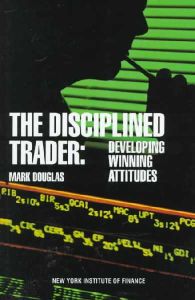
The Disciplined Trader
Developing Winning Attitudes
First Edition: 1990 más...
Used by arrangement with Prentice Hall Press, a division of Penguin Group (USA), Inc.
www.penguin.com (1-800-253-6476)
ISBN: 9780132157575
Pages: 256
Read or listen offline
Amazon KindleRecommendation
Author Mark Douglas explains that he lost almost everything he owned because of bad trading decisions. The experience led him to rigorous self-examination, and he discovered that emotions, especially fear, had led him to trade imprudently. He went on to write this straightforward, very penetrating explanation of the role of beliefs and emotions in trading. This is not an abstract academic exercise. Douglas is a trader talking to traders. He is thorough and practical in his analysis and advice. At times, his style may be awkward, stilted and even cumbersome; however, these flaws do not prevent him from communicating important, useful information. Although the book is specifically about emotional and psychological factors as they affect trading, readers are likely to notice that these influences are active in other dimensions of their lives as well. getAbstract finds that this is quite a good little book that has stood the test of time, despites changes in the technology of trading.
Summary
About the Author
Mark Douglas is renown as one of the foremost experts in trading psychology; having traveled across the world for over 20 years developing programs for, and coaching all levels of traders on, how to achieve and sustain a successful trader’s mind-set. An award-winning author of the industry classics Trading in the Zone, The Complete Trader and The Little Book of Trading Performance co-written with Paula T. Webb, a leading educator in the field of prosperity psychology.








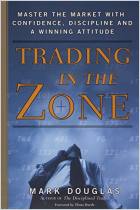
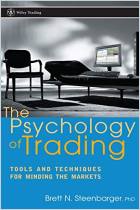
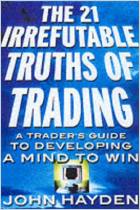
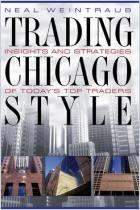
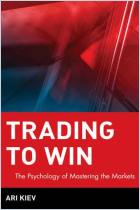
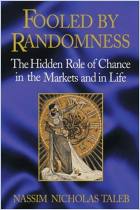
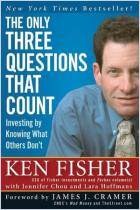


Comment on this summary